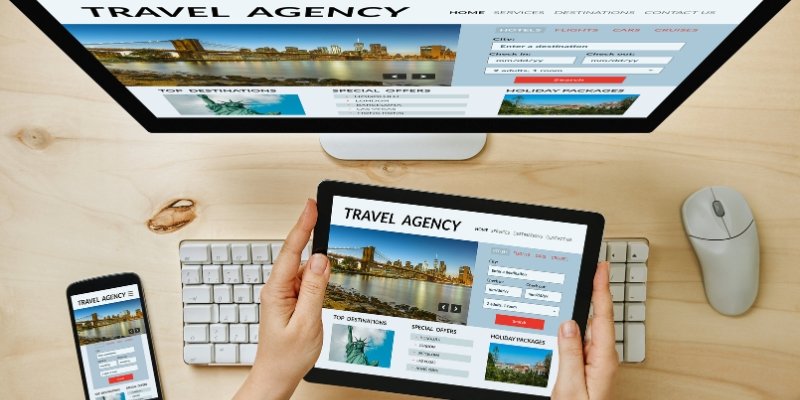Starting a travel agency in Singapore can be an exciting venture, especially in a city known for its vibrant tourism industry. With the right approach and understanding of the local market, aspiring entrepreneurs can create a successful business. This guide will walk you through the essential steps involved in launching a travel agency in Singapore, covering everything from initial planning to operational considerations.
Understanding the Market and Business Planning

Before diving into the logistics of starting a travel agency, it’s crucial to conduct thorough market research. Understanding the target audience, current trends, and competition will help you carve out a niche in the bustling travel industry. Singapore’s strategic location makes it a hub for travelers, so identifying specific markets—such as corporate travel, leisure tourism, or niche travel experiences—can enhance your agency’s appeal.
Once you have a clear understanding of the market, the next step is to develop a comprehensive business plan. This plan should outline your agency’s vision, mission, services offered, marketing strategies, and financial projections. A well-structured business plan is not only vital for guiding your operations but also essential for securing funding or partnerships in the future. According to a recent guide, outlining potential revenue streams and operational costs is crucial in this phase.
Legal Requirements and Licensing

In Singapore, starting a travel agency involves navigating specific legal requirements and obtaining the necessary licenses. The first step is to register your business with the Accounting and Corporate Regulatory Authority (ACRA). This process includes choosing a unique business name and filing the relevant documentation.
Next, you must apply for a Travel Agent License from the Singapore Tourism Board (STB). This license ensures that your agency complies with local regulations and provides protection for consumers. The application process requires various documents, including a business plan, proof of financial stability, and a tenancy agreement for your office space. It’s advisable to familiarize yourself with the licensing process early on to avoid delays.
Setting Up Operations

Once the legalities are sorted, the focus shifts to setting up the operational aspects of your travel agency. This includes securing an office location, hiring staff, and establishing relationships with suppliers such as airlines, hotels, and tour operators. A physical office in a strategic location can enhance your visibility and credibility, while a well-trained staff team can provide excellent customer service, which is crucial in the travel industry.
Additionally, consider investing in technology to streamline operations. Booking systems, customer relationship management (CRM) tools, and online payment platforms can improve efficiency and enhance the customer experience. Building a user-friendly website and leveraging social media for marketing can also help attract clients and establish your brand in the competitive travel market.
Marketing and Customer Acquisition

Effective marketing strategies are essential for attracting clients to your new travel agency. Start by identifying your target audience and tailoring your marketing efforts accordingly. Utilize digital marketing techniques, such as search engine optimization (SEO), pay-per-click advertising, and social media marketing, to reach potential customers.
Networking with other businesses in the tourism sector can also be beneficial. Collaborating with hotels, airlines, and local attractions can create mutually beneficial partnerships that enhance your service offerings. Additionally, consider hosting events or workshops to engage with the community and promote your agency’s services. Building a strong brand presence and reputation will be key to long-term success in this industry.
Conclusion
Starting a travel agency in Singapore requires careful planning, legal compliance, and effective marketing strategies. By understanding the market, obtaining the necessary licenses, setting up efficient operations, and implementing robust marketing techniques, you can position your agency for success. As the travel industry continues to evolve, staying adaptable and responsive to market trends will be crucial for sustaining growth and meeting customer needs. With dedication and the right approach, your travel agency can thrive in Singapore’s dynamic tourism landscape.






